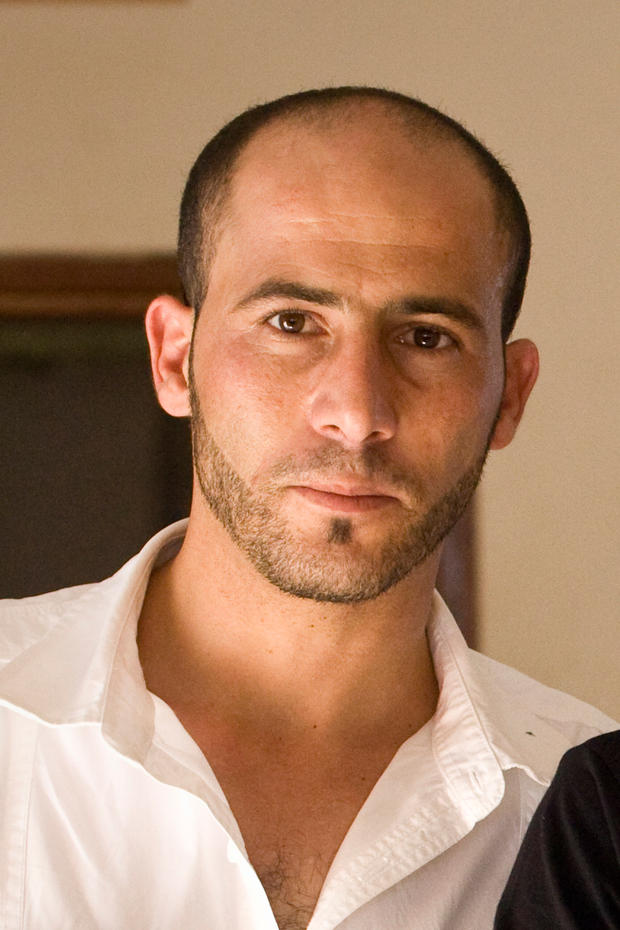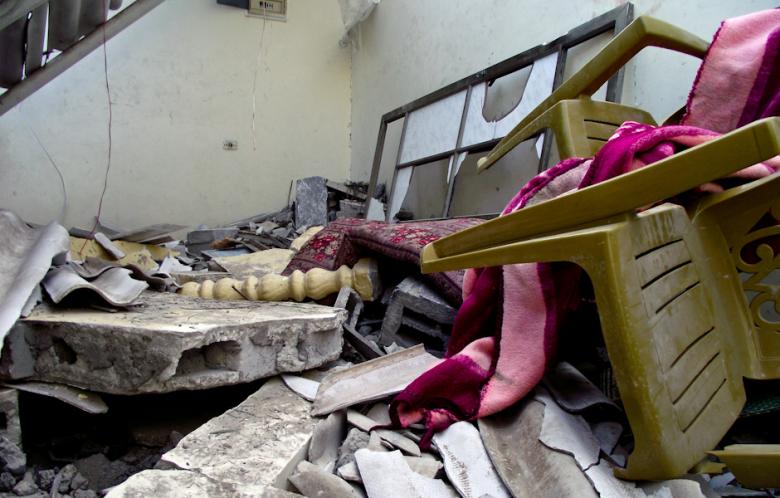Category: In the Media
-
The death of a stone-thrower
by Jonathan Pollak 13 December 2011 | Haaretz Mustafa Tamimi threw stones. Unapologetically and sometimes fearlessly. Not on that day alone, but nearly every Friday. He also concealed his face. Not for fear of the prison cell, which he had already come to know intimately, but in order to preserve his freedom, so he could…
-
Gaza attack: “My uncle died in my arms”
by Ruqaya Izzidien 9 December 2011 | Al Akhbar English “My uncle was breathing when I found him under the rubble,” said Migdad Elzalaan. “He told me, ‘Look after our family, look after the children. Look after them,’ and then he died, right in my arms.” At around 2am on Thursday night, Israeli forces bombed…



